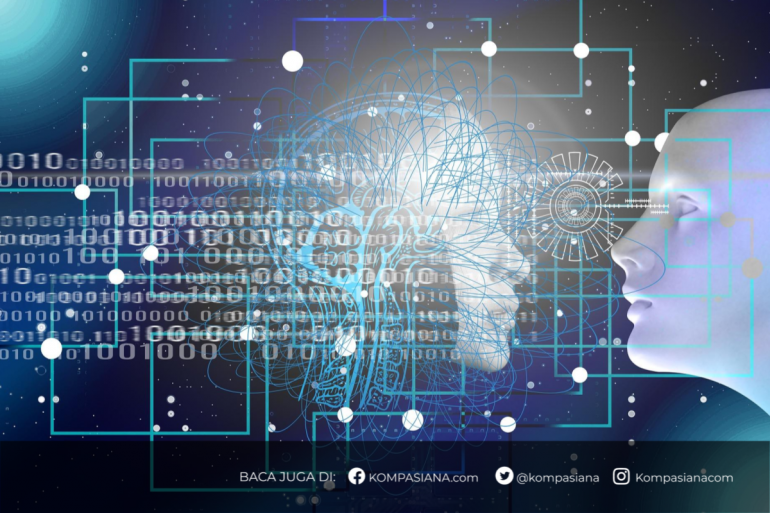AI is expected to revolutionize education, making learning more personalized by tailoring it to individual needs. The importance of this is highlighted by the fact that economics is often poorly taught, with only a few teachers possessing sufficient understanding and many others viewing it as either evil or claiming that "money is not real". As a result, many people find it easy to believe that AI will result in job losses.
To demonstrate the flaws in this belief, I will assume a maximum level of cynicism about capitalists, arguing that they are motivated purely by greed and the desire to make more money. Under this assumption, capitalists will invest in robots and AI only if they believe that this will lead to increased profits.
Robots and AI can produce certain goods more cheaply than human labor, such as lawnmowers and medical scans. For instance, in the case of lawnmowers, the labor component of the production process may account for around 50% of the total cost, with the remainder going towards rent, power, and other inputs. While robots and AI are not free and require maintenance, they can still lead to significant reductions in labor costs of up to 50%.
As a result, the price of lawnmowers could be reduced by around 25%. However, this decrease in price could lead to increased demand for lawnmowers, resulting in higher sales. Furthermore, capitalists seeking to maximize their profits might lower their margins, which in turn could result in the creation of more jobs, as they seek to expand their business.
Capitalists may use their increased profits to buy goods that involve human labor in their production, or they may invest in other businesses, which also creates jobs. The government may also receive taxes from capitalists, which can be used to fund public employment.
Moreover, as robots become increasingly sophisticated, there will be new jobs created in repairing and maintaining them. Similarly, in medicine, robots can reduce the cost of medical procedures such as hip replacements, thus increasing demand for such procedures. The demand for medical scans, blood samples, and other medical procedures is limitless, which means that new jobs will be created in this sector.
Finally, AI can lead to mass customization of products such as shoes. As AI makes it possible to create more personalized products, this will result in lower prices, making people richer in terms of the number of hours they have to work to purchase a given product. Since the Industrial Revolution, output per hour has increased significantly, making goods and services more affordable and accessible to more people. Despite this, there are more people employed today than ever before, which indicates that the adoption of robots and AI will not necessarily lead to job losses.
Yet there are more people employed today than ever. A country like France or the UK today produces more industrial output with less than a tenth of the labour input compared to 200 years ago. Despite this massive increase in productivity, there is still plenty of work to do. AI and robots will continue this trend. They will take on more of the tasks that are repetitive, dangerous or difficult for humans to perform. This will free up people to focus on more creative, fulfilling and higher value tasks. The benefits of AI and robotics will not just be limited to industrialized countries. They will also enable developing nations to leapfrog stages of industrial development and become more productive. For example, with the right investments in AI, a developing country could start with advanced manufacturing and services without first having to build up extensive infrastructure, such as roads and power plants.
In conclusion, the idea that AI and robots will cause mass unemployment is a fallacy. They will increase productivity, lower costs, and create new jobs. As machines take on more of the repetitive, dangerous, and difficult tasks, people will be freed up to focus on more creative and fulfilling work. Moreover, the benefits of AI and robotics will not be limited to developed countries but will also be accessible to developing nations. This presents a tremendous opportunity to increase productivity, create jobs, and improve the standard of living for people around the world.
Baca konten-konten menarik Kompasiana langsung dari smartphone kamu. Follow channel WhatsApp Kompasiana sekarang di sini: https://whatsapp.com/channel/0029VaYjYaL4Spk7WflFYJ2H







